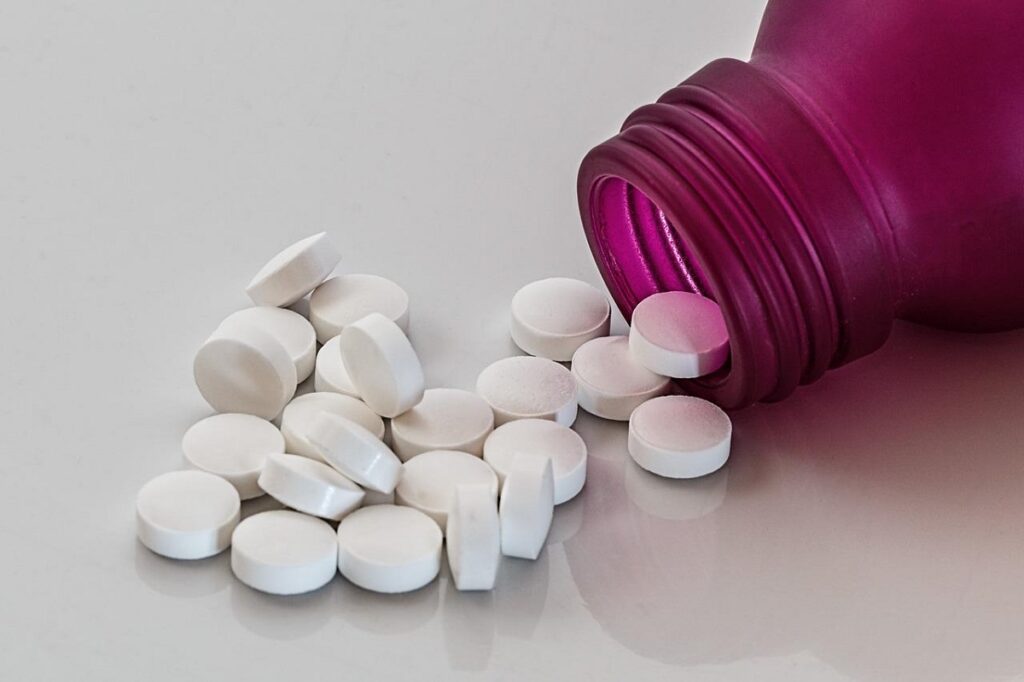In a move that will help the 340B pharmaceutical discount program get back on track, the U.S. Third Circuit Court of Appeals decided Monday that drugmakers can restrict the number of contract pharmacies providers can use.
Here’s the background and what it means for the future of the program and the patients it’s intended to serve.
What is 340B?
The federal 340B Drug Pricing Program was created in 1992 to allow hospitals and clinics that work with underserved communities to provide outpatient prescription drugs to patients at deep discounts.
Hospitals use the 340B savings to deliver free medical attention to uninsured patients, provide free vaccinations, operate mental health clinics, control drug costs, and launch community health initiatives.
But in recent years, the program saw huge growth and use of contract pharmacies by hospitals, as Bio.News reported last year, even though the law statutorily prohibited “duplicate discounts.”
Drug makers started restricting 340B sales to contract pharmacies as a result.
For instance, Merck sued the Department of Health and Human Services (HHS) in July 2022 after receiving a letter threatening civil monetary policies for blocking 340B contract pharmacies from receiving discounted prescriptions. In their lawsuit, the company stated, “Merck has adopted policies designed to respond to the potential for increased 340B Program non-compliance—such as duplicate discounts and drug diversion—that, as several government reports have found, arises and is at a heightened risk of occurring when covered entities order discounted 340B drugs for shipment directly to third-party pharmacy entities (‘contract pharmacies’).”
340B goes to court
Drug companies, including Biotechnology Innovation Organization (BIO) members, filed a lawsuit after the U.S. Department of Health and Human Services (HHS) claimed that hospitals should be permitted to utilize an unlimited number of contract pharmacies.
The court rejected HHS’s argument on Monday, stating that Congress, and not HHS, determines the program’s terms.
“Statutory silences, like awkward silences, tempt speech. But courts must resist the urge to fill in words that Congress left out. The Department of Health and Human Services claims that drug makers must deliver certain discounted drugs wherever and to whomever a buyer demands. But the relevant law says nothing about such duties. So HHS’s efforts to enforce its interpretation against the drug makers here are unlawful,” says the court opinion.
“The court indicated clearly that Congress could not have intended for the program to grow without any significant guardrails on usage, and appropriately reigned in the practice of using unlimited networks of contract pharmacies by hospitals and other covered providers,” explained BIO’s Chief Policy Officer John Murphy in a statement to Good Day BIO.
“This is a step in the right direction of redirecting the focus of the 340B program as it was intended: an important and limited program designed to provide access to discounted novel products so community providers caring for the most vulnerable in society can provide access to treatments and health care services for the population they serve,” Murphy concluded.
As for the next steps, it’s possible that HHS could appeal the decision, and several similar cases are pending. But this unanimous ruling is a positive step.




